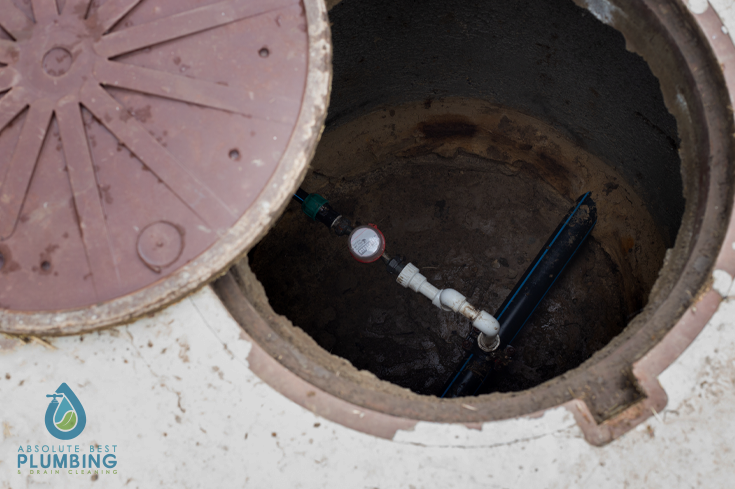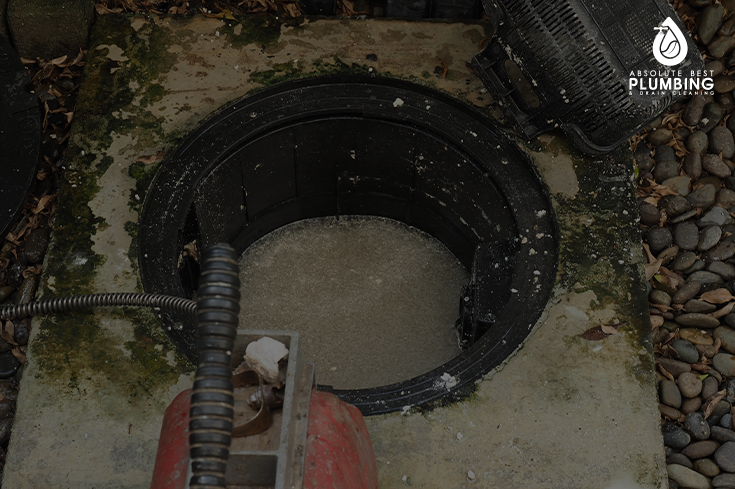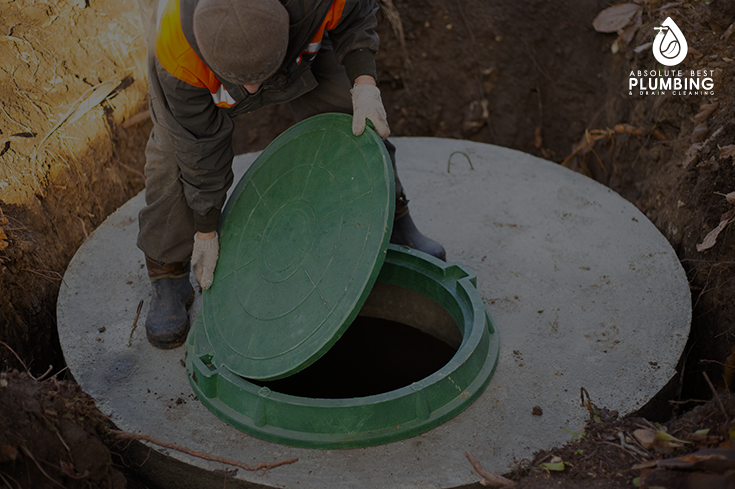
Septic to Sewer Conversions
Absolute Best Plumbing is Central Florida’s trusted provider of septic to sewer conversions and sewer installation services for residential and commercial properties. Converting a property’s septic system to a municipal sewer system offers numerous benefits, from increased property value to reduced maintenance requirements. Whether you’re looking to transition from a septic system to a sewer connection or need a new sewer system installed, our licensed, experienced plumbers provide high-quality, reliable service. At Absolute Best Plumbing, we use state-of-the-art equipment and industry-leading practices to ensure your sewer conversion or installation is completed efficiently and with minimal disruption.
Switching from septic to sewer requires careful planning and professional expertise. Absolute Best Plumbing handles all aspects of the conversion process, from initial inspections and permit applications to excavation and final connections. Our team is committed to delivering cost-effective solutions that meet your needs, protect your property, and comply with local regulations.
Why Convert from Septic to Sewer?
Converting a property from a septic system to a sewer system has many advantages. Here are some key benefits:
- Increased Property Value: Homes and commercial properties connected to a municipal sewer system are generally valued higher than those with septic systems. Buyers often view a sewer system as a more convenient and reliable option.
- Reduced Maintenance: Septic systems require regular maintenance, including periodic pumping and inspections. Sewer connections, on the other hand, are maintained by the municipality, reducing the burden on homeowners.
- Environmental Benefits: Properly functioning septic systems are generally safe; however, if a septic system fails, it can contaminate groundwater and local water sources. Sewer systems reduce the risk of contamination, making them a safer option in densely populated areas.
- Increased Appeal to Buyers: Many buyers prefer properties with municipal sewer connections, as they are considered more modern and less prone to issues than septic systems.
For more information on the environmental benefits of sewer systems, visit the Environmental Protection Agency (EPA) guide on wastewater management.
Understanding the Septic to Sewer Conversion Process
The process of converting from a septic to a sewer system involves several stages, each requiring expert knowledge and specialized equipment. Absolute Best Plumbing handles each step with care, ensuring the job is done right and in compliance with all local regulations.
1. Initial Assessment and Permit Application
Before beginning the conversion, our technicians conduct a thorough assessment of your property to evaluate soil conditions, the location of the septic tank, and any obstructions that may complicate the process. During this phase, we also determine the shortest and most efficient path to connect your property to the municipal sewer line, minimizing excavation costs and property disruption.
Once the assessment is complete, we handle the permitting process. Local municipalities require permits for septic to sewer conversions to ensure the work meets all health and safety codes.
2. Excavation and Pipe Installation
After obtaining the necessary permits, we begin the excavation process. This stage involves digging up the waste pipe between your home or building and the septic tank, and redirecting the pipe to connect with the main sewer line. The complexity and cost of excavation depend on factors such as the depth of the sewer line, the distance to the municipal connection, and any obstacles in the path, such as trees, patios, or driveways.
Our team uses advanced excavation equipment to perform this work as efficiently and precisely as possible, ensuring minimal disruption to your landscaping and property.
For more information on excavation safety, consult the Occupational Safety and Health Administration (OSHA) guide on excavation and trenching safety.
3. Septic Tank Decommissioning
Once the property is connected to the municipal sewer line, the old septic tank must be decommissioned. This process involves pumping out any remaining waste, disconnecting the tank, and filling it with sand or gravel to prevent collapse. Decommissioning the septic tank is a crucial step to ensure the safety and stability of your property after the conversion.
4. Final Inspection and Connection
After completing the installation and decommissioning, we conduct a final inspection to verify that the connection to the sewer line is secure and functioning properly. We ensure that everything meets municipal standards and that your new sewer system is ready for use. Once the inspection is complete, your property will have a reliable, hassle-free sewer connection.
Factors That Affect the Cost of Septic to Sewer Conversion
The cost of converting from a septic system to a sewer system varies depending on several factors:
- Distance to the Sewer Line: The longer the distance between your property and the municipal sewer line, the more extensive the excavation and pipe installation work required.
- Soil Conditions: Soil type can affect excavation difficulty and speed. Rocky or clay-heavy soils may require more time and labor to excavate.
- Depth of the Sewer Line: Deeper sewer lines require more excavation work, increasing labor costs.
- Obstructions: Features like trees, sidewalks, driveways, and patios in the excavation path can complicate the process and add to the cost.
Our team at Absolute Best Plumbing is committed to finding the most efficient and cost-effective path for your sewer connection, keeping disruptions to a minimum while providing transparent pricing and reliable service.
For additional resources on understanding sewer installation costs, visit the National Association of Home Builders (NAHB) resource page.
Sewer Installations for New Construction and Remodeling
In addition to conversions, Absolute Best Plumbing provides sewer installation services for new construction and remodeling projects. Installing a sewer system in a newly constructed building or adding a connection as part of a major renovation requires careful planning and specialized knowledge. Our team works closely with builders, architects, and property owners to ensure the sewer system is designed and installed to meet current codes and standards.
New Construction Sewer Installations
When installing a sewer system for new construction, our technicians consider several factors to ensure optimal performance and longevity:
- Pipe Sizing and Layout: Proper pipe sizing and layout are essential to ensure the system can handle the expected wastewater flow. Our team uses industry best practices to design a system that is efficient and durable.
- Slope and Grading: The sewer line must have an appropriate slope to allow wastewater to flow by gravity. Our team carefully grades the pipes to meet these requirements, ensuring reliable performance.
- Materials: We use high-quality materials, such as PVC and HDPE, which are resistant to corrosion, cracking, and root intrusion.
Remodeling and Additions
For remodeling projects that require sewer system modifications or extensions, Absolute Best Plumbing provides comprehensive sewer installation and upgrade services. Whether you’re adding a new bathroom or upgrading the plumbing for a kitchen renovation, our team will ensure the sewer system is up to code and capable of handling additional wastewater flow.
For more on best practices in sewer design, consult the American Society of Civil Engineers (ASCE) guide on wastewater engineering.
Advantages of Municipal Sewer Systems Over Septic Systems
Switching from a septic system to a sewer system offers several advantages, particularly for properties located in more populated areas:
- Reliability: Municipal sewer systems are generally more reliable and less susceptible to failure than septic systems.
- Reduced Maintenance: With a sewer system, the municipality is responsible for maintenance, reducing the costs and responsibilities for property owners.
- Improved Wastewater Management: Municipal sewer systems provide efficient, centralized wastewater treatment, protecting local water sources from contamination.
- Adaptability for Future Growth: Sewer connections can more easily accommodate property expansions or increased water usage than septic systems.
For more on the benefits of municipal sewer systems, visit the U.S. Environmental Protection Agency (EPA) wastewater treatment resource.
Why Choose Absolute Best Plumbing for Your Septic to Sewer Conversion?
Absolute Best Plumbing is dedicated to providing top-quality septic to sewer conversions and sewer installation services. Here’s why Central Florida residents trust us with their sewer needs:
- Experienced Professionals: Our team has years of experience handling complex conversions, installations, and all aspects of sewer and septic services.
- State-of-the-Art Equipment: We use advanced tools and technology to complete each project efficiently and precisely, minimizing property disruption.
- Transparent Pricing: We provide upfront estimates and transparent pricing, so you know exactly what to expect.
- Comprehensive Services: From initial assessment and permits to final inspection, we handle every step of the process to ensure a seamless transition.
For more on our commitment to quality service, see our Better Business Bureau (BBB) accreditation and customer reviews.
FAQs About Septic to Sewer Conversion
How long does a septic to sewer conversion take?
Most conversions take between 3 to 5 days, depending on the complexity of the project and the presence of obstructions.Is a permit required for converting from septic to sewer?
Yes, permits are required to ensure the work meets local health and safety standards. Absolute Best Plumbing handles the permitting process for our clients.What happens to the old septic tank?
After connecting the property to the sewer line, we decommission the septic tank by pumping it dry and filling it with sand or gravel to prevent collapse.Can I convert from septic to sewer if my property is far from the main line?
In some cases, longer distances may make conversions challenging. We assess each property to determine the feasibility and cost-effectiveness of the project.Does converting to a sewer system increase property value?
Yes, converting to a sewer system can increase property value and make it more attractive to potential buyers, especially in areas where sewer connections are common.What are the benefits of switching to a municipal sewer system?
Municipal sewer systems offer reduced maintenance, improved reliability, and better wastewater treatment, making them a preferred option for many homeowners.
Absolute Best Plumbing is here to handle all of your septic to sewer conversion and sewer installation needs. Contact us today to schedule a consultation and learn more about how we can help improve the value, reliability, and functionality of your property’s wastewater system. We look forward to serving you!




